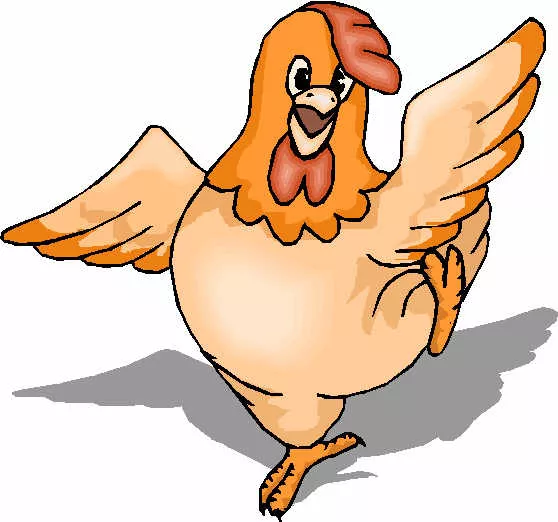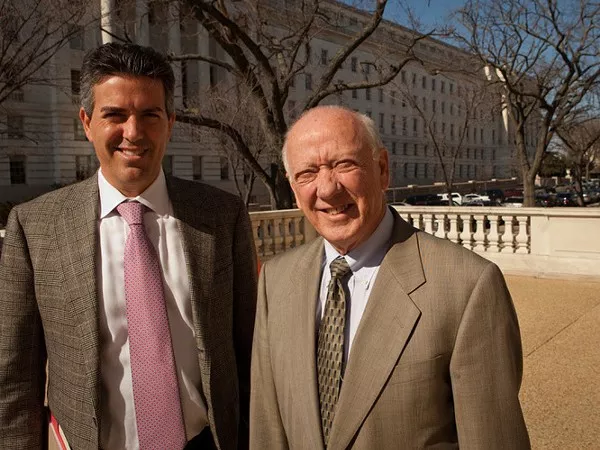
North Carolina has a lot of chicken farmers — and a lot of animal-rights activists. Wonder if they could ever meet at a common coop?
If the recent activities of two lobbyists is any indication, the answer is yes.
One of those lobbyists is concerned about chicken farmers and the people who labor on those farms. The other is concerned about the chickens. Together, the two lobbyists hatched a plan that would be beneficial to all, according to a story this morning at NPR's food blog, "The Salt."
Extreme animal-rights activists will no doubt assail Humane Society president Wayne Pacelle for caving to the chicken farming industry, and some chicken farmers will criticize United Egg Producers president Gene Gregory for sleeping with the enemy. But the alliance between these two men could teach the rest of us who are polarized on certain issues what we could accomplish if we spent more time listening to each other than sticking our fingers in our ears and grooving to the drone of our own implacable voices.
In this morning's NPR story, the two one-time bitter adversaries talked about how they came together in their pursuit of improving conditions on chicken farms.
Gregory sent a message to Pacelle through an intermediary: "Can the two of us just talk?" And Pacelle saw an opportunity."We could fight the United Egg Producers for another 10 or 15 years, and spend millions of dollars on both sides. But the other option is, we could sit down together and figure out a pathway that's good for industry and better for animals," he says.
When the two met, they found each other to be upright people with reasonable interests:
"I've found him to be a man of his word," Gregory says, speaking about the Humane Society president. "It doesn't have to be his way or no way. And he's not trying to eliminate our business, or anybody's in animal agriculture. He just wants to see improvements made."Pacelle, for his part, says Gregory has helped him understand the pressures involved in trying to make a living by producing food — "the daily struggles that a lot of farmers go through, economically. They were kind of in a race with others, in a competitive environment, to build efficiencies, and this is how it went."
Listen to the entire broadcast at NPR.org.

- NPR
- Pacelle (left) and Gregory
